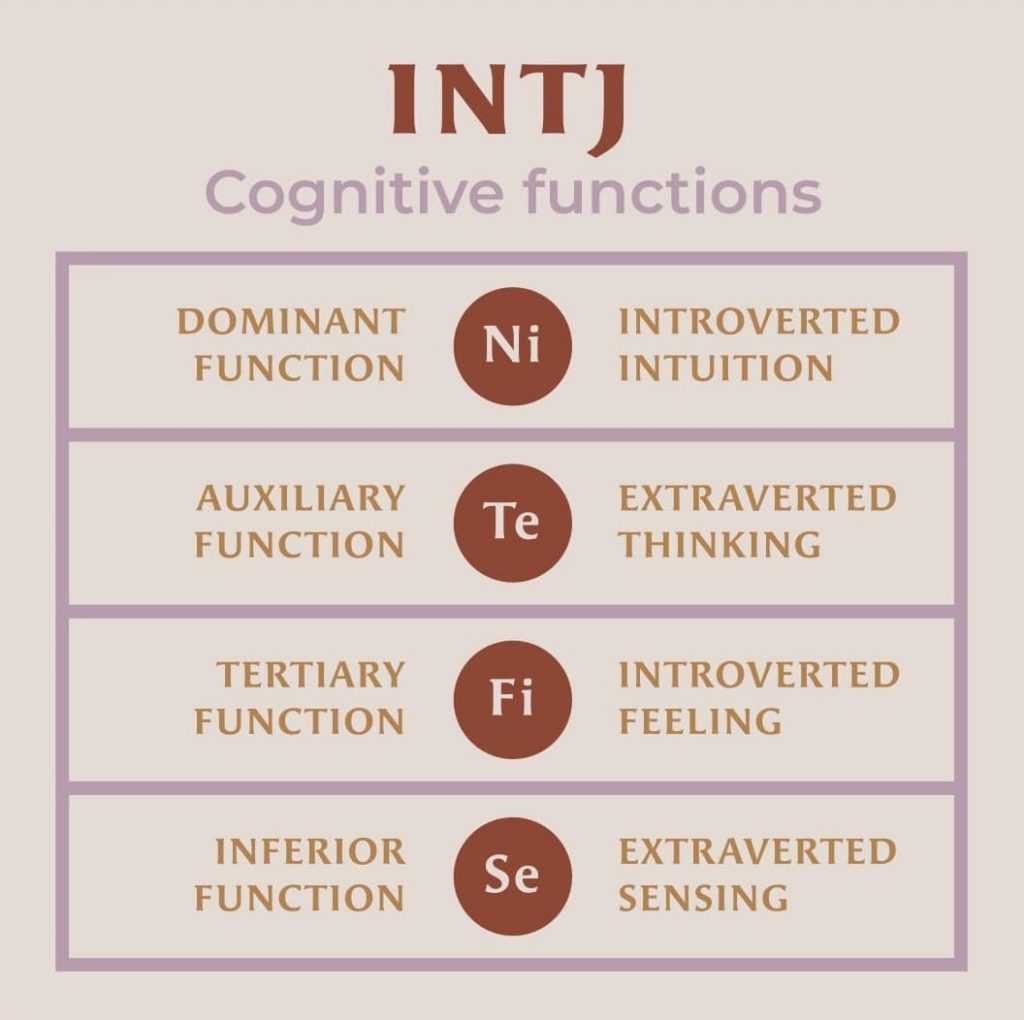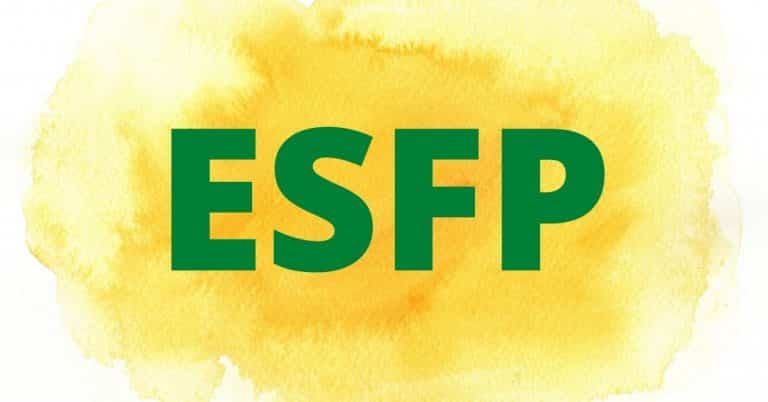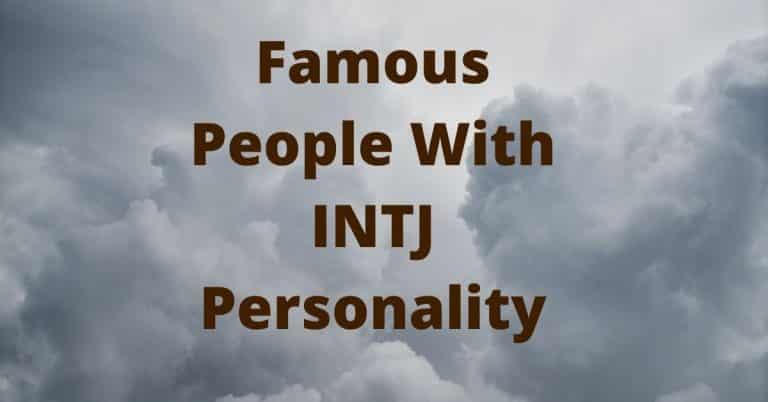INTJ – The Architect
INTJ Meaning:
Other names include the Architect, the Conceptual Planner, the Scientist, the Visionary, the Director, the Strategist, and the Mastermind. INTJs are a scarce personality type compared to the other 15 Myers-Briggs personality types, with only 2 percent of the population reporting in as INTJ. Of this 2 percent, only 3 percent are men, and a single one percent are women. The INTJ consists of Introvert, in that they energize themselves by looking inwardly and through intense introspection, Intuitive, in that they tend to think in terms of possibilities and concepts, Thinking, in that they have a profound interest in logical sequences and tend to look past the what and focus on the how and the why, and, lastly, Judging, in that they approach the world in a controlled, organized, scheduled, and regulated method.
INTJs are profoundly perceptive on a theoretical level. That is to say that they are able to quickly recognize and identify patterns in almost any given context or scenario. They have a particular affinity for symbols and anything to do with the realm of theory. They are profoundly and relentless analytical, constantly looking to design and implement creative ideas to improve the function and efficiency of any given thing.
INTJs crave and thrive upon innovation. They pursue new and exciting ideas with a level of earnestness that can be perceived as both inspiring as well as being ‘tunnel-visioned’. INTJs tend to lead a private life given their tendency to Introversion, and prefer to keep their social circle small. They are blessed with a unique perspective of the world, and, in this, they may feel both profoundly special, as well as lonely in their thoughts and way of thinking.
Although INTJs do not derive their energy from interacting with others, that is not to say that they do not have an incredibly profound and elevated interest in other peoples’ thoughts and feelings. INTJs tend to be wildly independent and almost clinical in their feelings and emotions. This lack of outward emotion can come across as robotic to some. However, it can also come across as an achieved level of stoicism for others.
INTJs are profound thinkers and problem solvers, and they derive great satisfaction and pride in bringing a concept or theory to life. INTJs execute through systematic planning and learning, and they are relentless in any given vision or theory they choose to pursue.

INTJ and Career:
There are very distinct reasons why the INTJ has such formidable titles, such as the Mastermind and The Architect. They are brilliant visionaries that are able to step outside of the frame of the status quo and decide or predict the ‘the next big thing’ or the next step or direction for a company or a team. They determine this through deduction and realizing complexities most cannot see. This perception and bigger picture thinking make them extremely invaluable in the professional realm.
The INTJ’s determinedness and dedication may not be perceived as such by their more Sensing and Feeling counterparts. In fact, an INTJ that is confident in what they believe will often be stubborn, and, although they will try and convince others of their view or perspective, they will not compromise if others do eventually come to agree or understand. INTJs are practical and masterful strategists that would much rather prefer managing projects and ideas than managing people.
INTJ as Direct Reports:
As direct reports, INTJs tend to keep to themselves and prefer solitary or independent work whenever it is available. If they are in a team environment, they will actively participate. However, they will have little patience for small-talk or niceties. INTJs are intellectually nimble and quick-witted and tend to get frustrated when they suspect that others may not be able to keep up with them in conversation.
When delegated tasks, they will execute them with accuracy and precision. They prefer not to be burdened with step-by-step directions and resent any form of micromanagement. Instead, they appreciate the opportunity for autonomy and freedom to envision and execute.
They will incorporate the ideas and thoughts of other team members, but only in so far as it follows their logic. The INTJ has no emotional investment or attachment to being right or wrong and is focused solely on results and solutions. As such, an INTJ will have little hesitation in admitting when wrong or when another way of proceeding is superior. While this may be perceived as a sense of humility on the part of the INTJ, the same emotional detachment can lead to friction amongst team members.
The INTJ will be blunt and forthcoming with their opinions and also have little hesitation in heavily critiquing and deconstructing the ideas and opinions of others to demonstrate why they are wrong or will not work. An INTJ does not consider context, audience, or even their position within a hierarchy when doing so.
While on the surface, an INTJ disputing their leader may come across as insubordination and resistance, however, to the INTJ, they are only paying their due diligence in their pursuit of the best solution and way of proceeding. As such, leaders of INTJs may struggle to reign them in and often have to apply many different strategies to manage and motivate them as opposed to other personality types.
INTJ as Leaders of Others:
As a leader of others, an INTJ can be deeply inspiring and motivating. INTJs have the potential to be highly persuasive in that they are able to walk through and explain their opinions and conclusions through step-by-step logic.
An INTJ is particularly formidable and effective when they are able to convince and genuinely demonstrate their vision to others. Suppose the team is able to fully understand and see the vision from the same perspective and angle as the INTJ, and they are in complete alignment. In that case, it becomes a highly fertile environment for innovation.
However, as a leader of others, INTJs tend not to be concerned or interested in learning the ‘soft skills’ necessary to build and maintain relationships with their subordinates. They are also disinterested in developing or nurturing the growth of others as well. It is primarily for this reason that INTJs actually prefer to not find themselves in a position to lead or manage others.
INTJ Professions:
As INTJs are fascinated and concerned with analysis and strategy, it is of no surprise that they are very well-suited in scientific and mathematic careers and industries, such as Engineering, Science, Physics, Economist, Biology, Accounting, Statistics, Mathematics, and Financial Advisory
However, given their ability to innovate and think past the status-quo and defined norm, they also make for excellent Architects, Developers, and Entrepreneurs. Not only this, but these same tendencies and skillsets also lend well to some Arts as well, and INTJs can make for excellent Designers, Editors, Photographers, and Writers as well. Not only this, but the INTJ personality type is also ideally suited for law, specifically as a Judge or a Lawyer.
It is unsurprising then that just as the INTJ has an eclectic selection of possible careers to choose from that they would most likely excel at, there are also some professions or occupations that the INTJ may want to think twice before entering. These careers primarily include those that are better suited for more people-centric personality types and include Receptionists, Administrative Assistants, Educators, Hotel Workers, and Social Work.

INTJ and Interpersonal Relationships:
The INTJ personality type is a forceful one that is not naturally inclined to be considerate of feelings and emotions. As such, it takes caution and cognizance of this blind spot to ensure relationships are maintained. INTJs choose their friends and partners with the same clinical analysis and rigor that they apply to their work. They work best with other personality types that will not be affected or disturbed by their honest and critical style.
INTJ in Friendships:
INTJs are most compatible with other Thinking personality types, as they are much more receptive to the INTJs frankness than the more Feeling personality types. The most compatible personality types for the INTJ are, therefore, the ISTJ (Introvert, Sensing, Thinking and Judging), the INTP (Introvert, Intuitive, Thinking, and Perceiving), the ENTJ (Extravert, Intuitive, Thinking and Judging), as well as other INTJs.
INTJs tend to value their friendships and appreciate those that can keep up with them in thought, argument, and deduction. However, this appreciation is not always evident, and the INTJ needs to often be given the benefit of the doubt, lest they be perceived to take their friends for granted.
INTJ in Romantic Relationships:
INTJs can best be described as discerning and practical in their approach to romantic relationships and finding potential like-minded partners. INTJs treat love like other concepts and ideas and apply rigorous analysis and scrutiny of the pros and cons and what it can offer for them and their lifestyle. As such, INTJs are quite confident and determined in who or what they would prefer in a partner well before they actually meet them. Instead, it is a matter of coming across the person who is able to satisfy all of these prerequisites.
However, once the INTJ does indeed find a partner with who they believe they would be compatible with, they are profoundly loyal and devoted. Although they will still prioritize their independence, they will make active and calculated efforts to communicate and adapt to help their partner grow. And, although the INTJ will indeed struggle with tending to and always keeping feelings and emotions top of mind within the relationship, they also respond extremely well to any feedback and criticism that their partner provides, even if it is communicated in a mask of emotion.
An INTJ will work best with a partner who understands and appreciates their priorities and how their mind works. The INTJ will not tend to shower their partner with acts and demonstrations of affection. However, the dedication and constant display of self-improvement for the sake of the relationship will often speak volumes.
INTJ and Family:
INTJs tend to apply the same reason and logic that they do in their professional and interpersonal relationships to their children as well. They will be unconditionally supportive and will also take an active approach to ensuring they are intellectually developed and challenged.
INTJs derive a sense of pride and joy from watching their children grow and explore the world and all of the riddles and complexities it has to offer. And, although INTJs can come across as detached or distracted in their own intellectual pursuits at times, they find family and children to be particularly grounding and will make efforts to be more present and in the moment with them.
Conclusion:
As such, it is evident how INTJs earn their titles as both Visionaries and Masterminds. They have an uncanny and unique perspective of the world and are often not satisfied with simply what is, but, instead, are much more curious and eager to determine and realize what will be. INTJs are profoundly independent in thought and feelings. Although this can make for a point of contention with some personality types, it also allows them to be unhindered in their intellectual pursuit.
You can find information on famous people with INTJ personality types such as celebrity actors, sportsmen, characters and other historical characters with this personality type.







